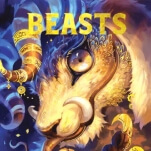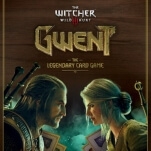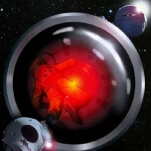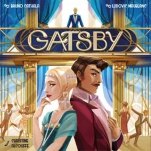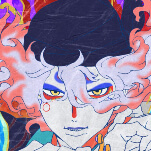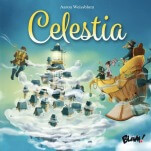Hurry Catch a Breakthrough on Don’t Look Back
The Philadelphia power pop heroes return with their best album yet
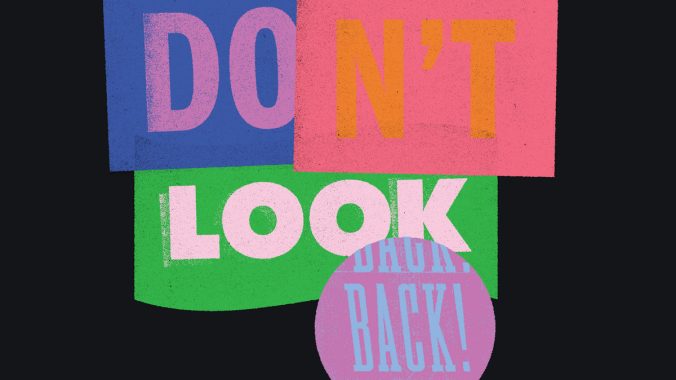
“And we’re back at the beginning” goes the first line on Hurry’s fifth album, Don’t Look Back. It’s a comfortable sentiment for the band’s best album yet, one that covers the end of one relationship and the beginning of another with clear excitement and explosiveness. Hurry have always been well-schooled in jangle pop classics and ‘90s pop rock, and lead singer Matt Scottoline’s songcraft has been regularly sticky, but it often seemed like the quartet was searching for something bigger. On Don’t Look Back, Scottoline’s alternating infatuation and post-breakup melancholy feels like a breakthrough. For a band with steadily big hooks, it seems that all Scottoline and co. needed were some big feelings to back those choruses up.
The sonic palette of Hurry is a familiar one. Built upon the guitar tones of Gin Blossoms and the atmosphere of Teenage Fanclub, Scottoline’s songs exist in conversation with every band who’s ever tried to take the guitar pop of yesteryear and inject new emotions into them. There’s a little bit of the Byrds, a little Matthew Sweet and plenty of The Lemonheads to go around. Like every great power pop record before, there are guitar solos that duplicate a song’s vocal melody, vocal harmonies tinged with a chorus effect and ideally sludgy drumwork that leaves the hi-hat half-open. At certain points, it appears like the band is playing with a big dial labeled “power pop” and repeatedly turning it up. If you enjoyed their 2021 record Fake Ideas, you’ll find plenty of similar territory being tread here. But Don’t Look Back manages to sustain its vision for about 45 minutes, a minor miracle for a record with such familiar textures.
Don’t Look Back succeeds at its finest when it puts you in Scottoline’s shoes, experiencing the tunnel vision of a decaying relationship (“You can’t help the ways I make you crazy”) and the endless string of questions that come with a break-up. Paired with his aching, evocatively nasal voice, Scottoline’s direct lyricism is often the highlight of Don’t Look Back. On “Parallel Haunting,” he sings “Can I ask if I’m still with you?,” right as a lower harmony comes and backs him up. It feels like watching an old friend experience a break-up in terms of sheer secondhand bummer. But even on the weakest songs, Scottoline’s muted observations, confusions and questions help carry the listener through. While “For Us to Find Love” never quite achieves liftoff, in part because of the muted lead guitar tone, the line “Can I stay the night so this is never over?” is memorable and soberly gloomy.
-

-

-

-

-

-

-

-

-

-

-

-

-

-

-

-

-

-

-

-

-

-

-

-

-

-

-

-

-

-

-

-

-

-

-

-

-

-

-

-









